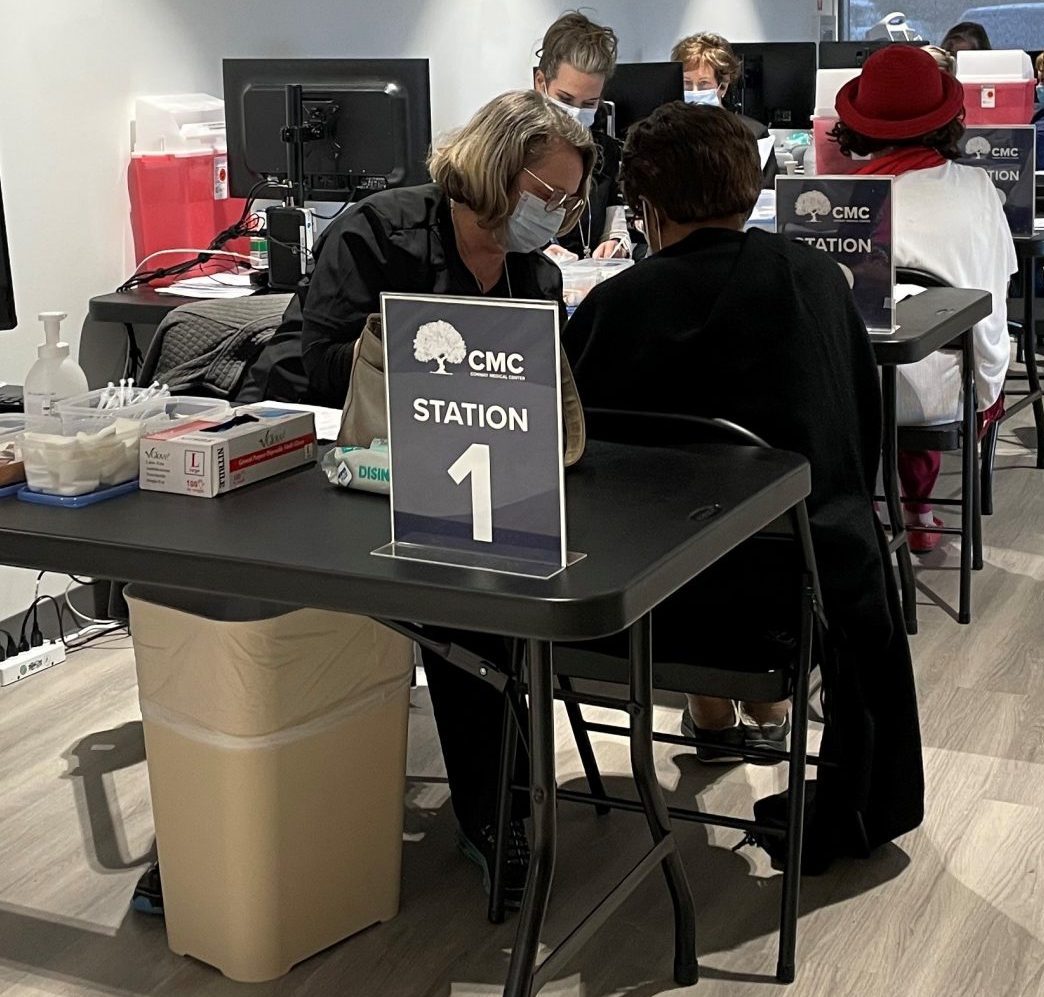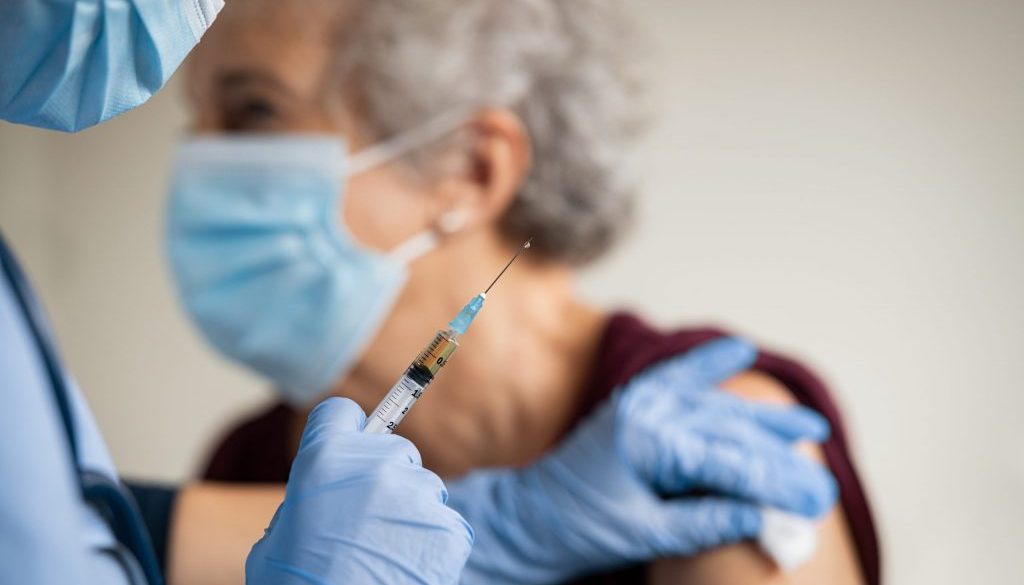What to know about the Covid-19 booster shot
There is a lot of talk about a booster shot for COVID-19. The FDA has authorized the vaccine booster for certain people with immune deficiencies and it’s likely they may be approved for everyone in the coming months. Here’s how the booster can help us in our fight against COVID-19 and protect our most vulnerable.
What is a booster shot?
A booster shot refers to an additional dose of a vaccine that is necessary to maintain protection against a specific disease. For many diseases, booster shots are not required once the primary vaccine series is completed. But for others, boosters may be necessary to increase antibodies in the immune system, such as a booster shot given after a first flu shot.

Who is eligible for the COVID-19 booster shot?
The CDC recommends that people with moderately to severely compromised immune systems receive a third dose of mRNA COVID-19 vaccines at least 28 days after a second dose of the Pfizer-BioNTech or Moderna COVID-19 vaccines. This booster shot is the same shot that is administered for the first and second doses.
This includes people who have:
- Been receiving active cancer treatment for tumors or cancers of the blood
- Received an organ transplant and are taking medicine to suppress the immune system
- Received a stem cell transplant within the last 2 years or are taking medicine to suppress the immune system
- Moderate or severe primary immunodeficiency (such as DiGeorge syndrome, Wiskott-Aldrich syndrome)
- Advanced or untreated HIV infection
- Active treatment with high-dose corticosteroids or other drugs that may suppress your immune response
People should talk to their healthcare provider about their medical condition, and whether getting an additional dose is appropriate for them.
What does it mean to be immunocompromised?
Your immune system is your body’s defense against viruses and bacteria that invade your body. Your immune system attacks these threats to prevent them from harming your organs and tissues. Some of these sicknesses are minor, like a cold. Others, like COVID-19, can have harsher symptoms and even be life-threatening.
A person who is immunocompromised has a weakened immune system that is unable to adequately protect them against invading viruses and bacteria. This means they are more susceptible to the extreme symptoms of the invading illness.




